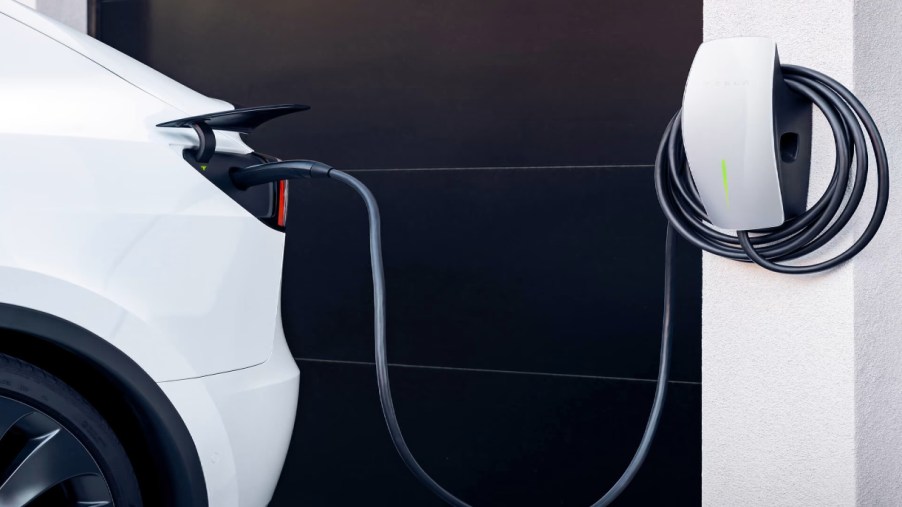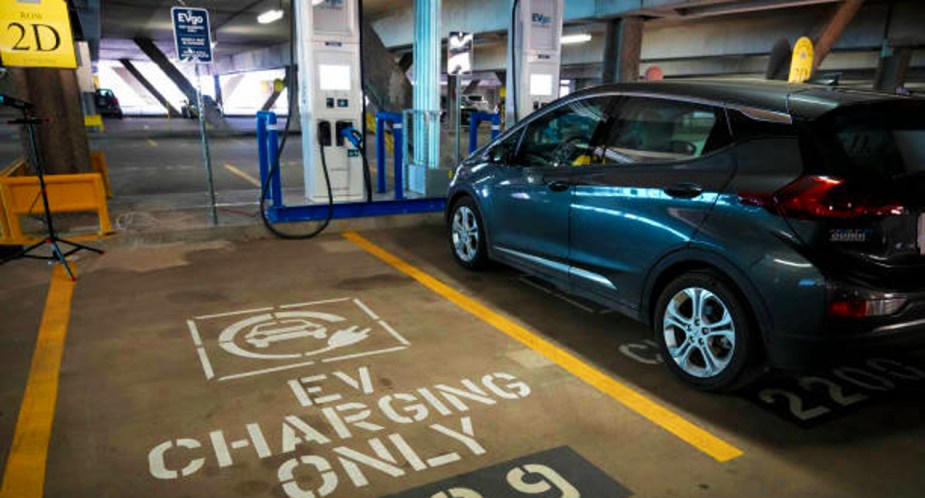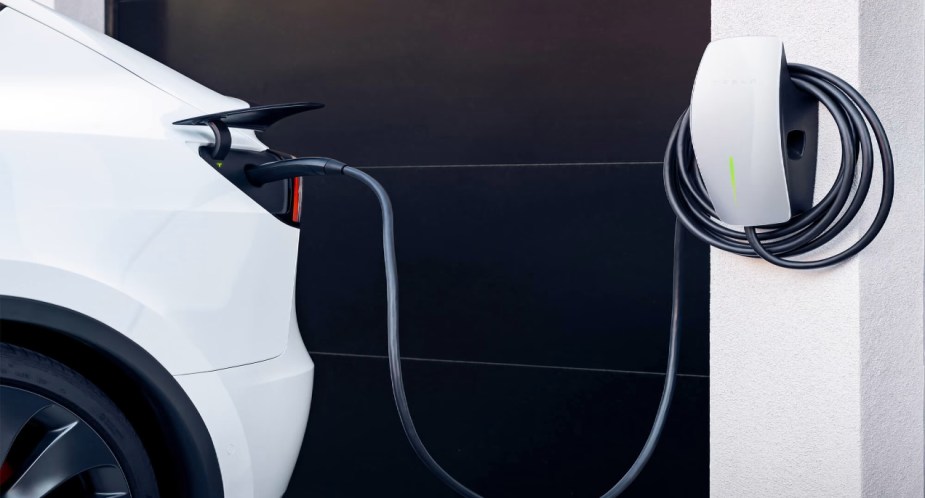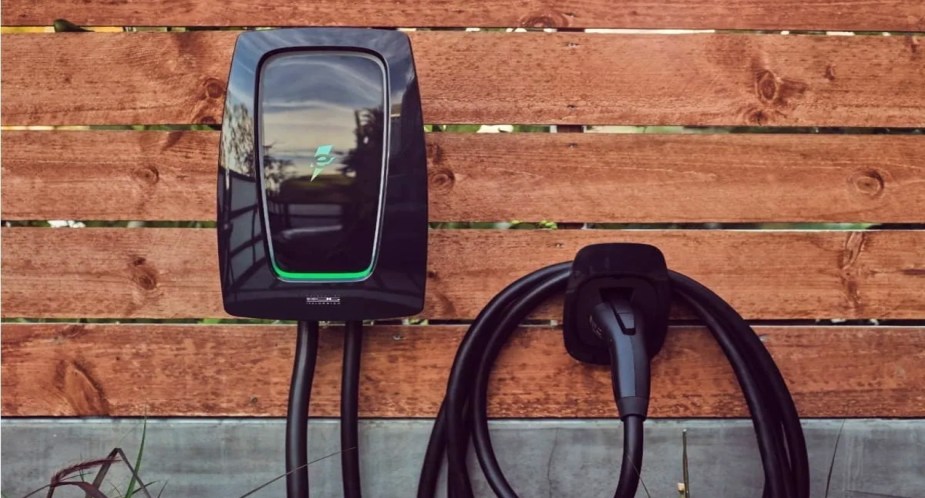
2 Reasons You Need a Home Charger If You Buy an EV
Gas prices are so high that many Americans are considering buying their first electric vehicle. Electric vehicles have come a long way in the last few years. Charging infrastructure is coming along much slower than the progression of practical EVs. If you plan on buying a new electric vehicle, getting a home charger is highly recommended.
Most public chargers are too weak to be practical

American electric vehicle charging infrastructure has a long way to go. EV chargers are still scarce in many areas of the country.
If electric vehicles are to be as practical as internal combustion vehicles, America will need a lot more electric vehicle charging stations. Some automakers are offering free charging subscriptions. Several public areas like parks and certain parking complexes offer free EV charging, but relying on these chargers is hardly practical because of their low power output.
If you are interested in buying a new electric vehicle, add the cost of a home charger to the number you are willing to pay for an EV. A level 2 Electrify America home charger costs $649. The ChargePoint level 2 home charger costs $699. The Tesla Wall Connector home charger costs $400.
Many states offer charging station incentives that allow you to redeem an income tax credit worth up to 50% of the cost of alternative fueling infrastructure for up to $5,000. Most level 1 public chargers can take over 12 hours to charge the average electric vehicle. If you plan on driving your EV every day investing in a home charger is a must to combat range anxiety.
Charging your EV at home is more convenient in every way

Power is a huge reason to charge at home instead of in public, but it isn’t the only reason. Convenience plays a huge role in EV charging. Unless you live on the same street as a public EV charger, chances are you will have to travel to it. It could take an hour just to replenish the miles it took to travel to the EV charger.
If your local park is just 10 miles away that’s already 20 miles of your total driving range between going and coming from the park to charge your EV. When it comes to EV charging, every mile and every minute is precious.
If you have a home charger the entire process is simplified. ABC News found that the average American travels about 16 miles each way to work every day. It could take a level 1 charger 2 hours to replenish the 32 miles of driving range that a driver uses commuting. If you own a home charger, you can simply plug your EV in after work for a few hours every two or three days.
Electric vehicle home chargers are key in the electric future

Companies like Electrify America and ChargePoint will invest billions of dollars into electric vehicle charging infrastructure. Can EV charging really get any more convenient outside of the comfort of your own home, yard, or driveway?
If you want the most practical charging method, an electric vehicle home charger is integral to the best EV ownership experience. Drivers can benefit from more level 2 and level 3 charging stations popping up locally later on, but they are few and far between for most Americans at the moment. If you’re in the market for a new electric vehicle, MotorTrend calls the 2022 Tesla Model 3 the No.1 electric car.
Read more about the Tesla Model 3 in the next article below.



